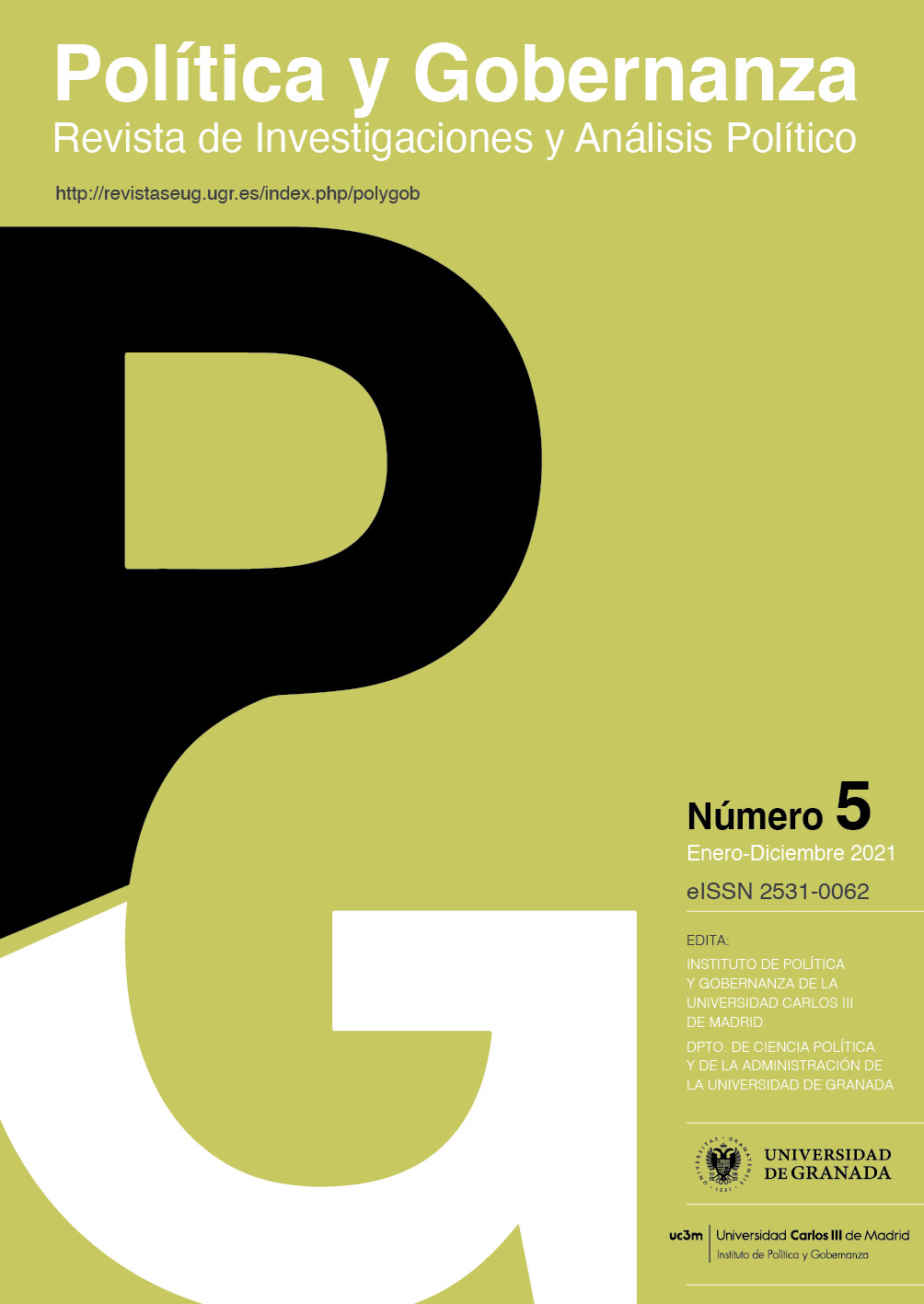El budismo y su papel en la legitimidad de los sistemas políticos y en sus procesos de cambio: Los casos de Bután y Tailandia
Contenido principal del artículo
Resumen
Aunque la teoría política siempre se ha interesado por el papel de la religión en la política, pocos investigadores se han ocupado, concretamente, del papel e influencia del budismo en los sistemas políticos, a pesar de que sea una de las religiones más seguidas del mundo. Desde Occidente, el budismo es visto como una religión pacífica y apolítica. Empero, el estudio de esta religión en Bután y Tailandia nos muestra como algunos de sus preceptos suponen un obstáculo para la democratización en estas dos monarquías inmersas en procesos de cambio político. Mediante el diseño de un plan de investigación basado en dimensiones, variables e indicadores, y teniendo en cuenta datos cualitativos y cuantitativos, este trabajo trata de analizar, desde una perspectiva innovadora, la presión de la religión budista en los procesos de cambio y legitimación del poder político.



